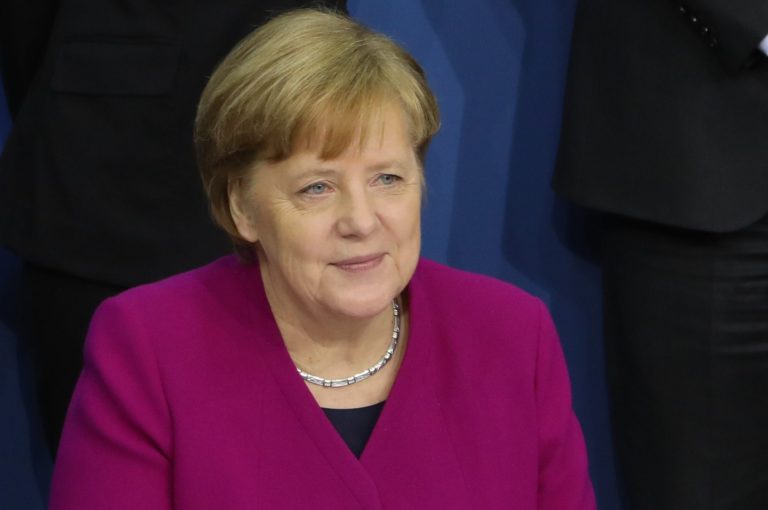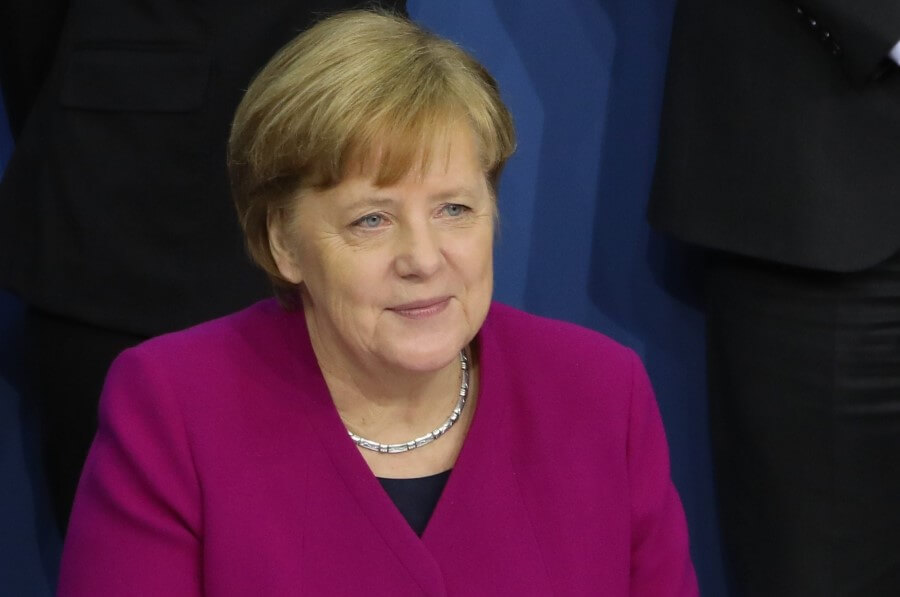
Is Merkel history? Unfortunately not yet. The so-called “Jamaica” coalition talks collapsed with the economically liberal FDP walking out. The FDP mentioned 237 points of contention after one month of negotiations and, therefore, saw no point in further talks.
Merkel has no majority (yet). At the same time, it seems (almost) impossible that a coalition without her CDU could be formed, even after new elections. As long as nobody of importance within her own party challenges her leadership, Merkel will stay in power and become the next German chancellor. She has already made public that, in the case of early elections, she would again be her party’s candidate for chancellor.
Case closed? No. Both the FDP and the Social Democrats have burnt their fingers by allying themselves with Merkel and losing votes in the subsequent elections. In 2013, after four years in a coalition with Merkel, the FDP was unable to climb over the five percent hurdle to make it into parliament. In 2017, after four years in a Grand Coalition with Merkel, the SPD saw its vote share decline to an historic post-war low. The SPD leader Martin Schulz as well as all other important Social Democrats made clear that they wanted to stay in the opposition although, together with the CDU, they would still be able to govern with an absolute majority.
How come? With roughly 20% of the vote, the Social Democrats have been reduced to a size which makes their claim to be a “people’s party” (Volkspartei) sound unrealistic. They fear that another four years as Merkel’s junior partner in government could reduce them even further to the size of a small party. They rightly assert that the Grand Coalition has been voted out although, technically, they still have an absolute majority (53.4%). Indeed, CDU and SPD together have lost 13.8% of the vote in 2017 in comparison with 2013. The Social Democrats rightly argue that another grand coalition would further strengthen the extreme right and the extreme left. Reasonable people do not want the fringe parties to gain in importance. At the same time, the Social Democrats forget to mention that they helped to strengthen the extremes by their unconvincing policies and the absence of substantial reforms in the past four years.
The Jamaica coalition talks collapsed because the FDP thought itself neglected by Merkel. Indeed, her project seemed to be largely based on the idea of a Black-Green coalition. That is a coalition of the Union of the CDU and its Bavarian sister party, the CSU, with the Green Party. Merkel and her allies thought that the economic liberal FDP would want to govern with them anyway. They largely focused on how to find common ground with the center-left Greens. In an interview with the German FAZ newspaper, the FDP leader Christian Lindner said that “without any doubt”, without the Green Party, a coalition government could have been formed. He complained that Merkel gave them virtually no support for their compromise proposals.
For the moment, the blame game is on. CDU, CSU and the Greens try of course to blame the FDP to have walked out too early, at a moment when a compromise seemed to be within reach. The FDP on the other hand asserts that the others were unwilling to take into account their (economically liberal) ideas.
Nevertheless, in a TV talk show after the breakdown of the coalition talks, Ursula von der Leyen (CDU) and Anton Hofreiter (Greens) both invited the FDP, represented by party’s vice-president Wolfgang Kubicki, to resume talks to form a coalition government.
Both the German president and the president of the Bundestag have invited all Democratic parties represented in parliament to find a compromise. It would be up to the German President Steinmeier to dissolve parliament and to call early elections. That would only be possible after a complicated procedure. So far, Steinmeier has made public that he is opposed to early elections. Indeed, it seems unlikely that the outcome would be substantially different from the September 2017 vote.
Will the Jamaica talks resume? Will the SPD reconsider its decision to withdraw from government? Will Merkel ultimately be forced to step down? Will early elections take place? Only time will tell. And time seems to be on Lindner’s side (*1979). At least, that’s what he thinks. Luckily for him, the German chancellor is not elected by the people, otherwise Merkel would have won again hands down.
Germany, the EU and the world need a dynamic, new German government that is willing to take initiatives, to reform both Germany and the EU with coherent policies, to move forward with optimism in harmony with President Macron’s France (although not all of Macron’s ideas are brilliant…).
P.S. No, this is by far NOT Germany’s biggest crisis since 1949. But it’s the end of the era Merkel — an era of stagnation and immobility with one quarter of the population living in relative poverty.
Further reading: Why Merkel rightly lost. — Beauty items at Amazon.com and Amazon.co.uk. — Beethoven sheet music.
Article added on November 22, 2017 at 16:38 Berlin time. Changed on November 30, 2017: The expression “burned children” changed to “burnt fingers” (in German, both expressions exist).

The German Chancellor Angela Merkel. Photo: Sandro Halank / Wikipedia / Wikimedia Commons.